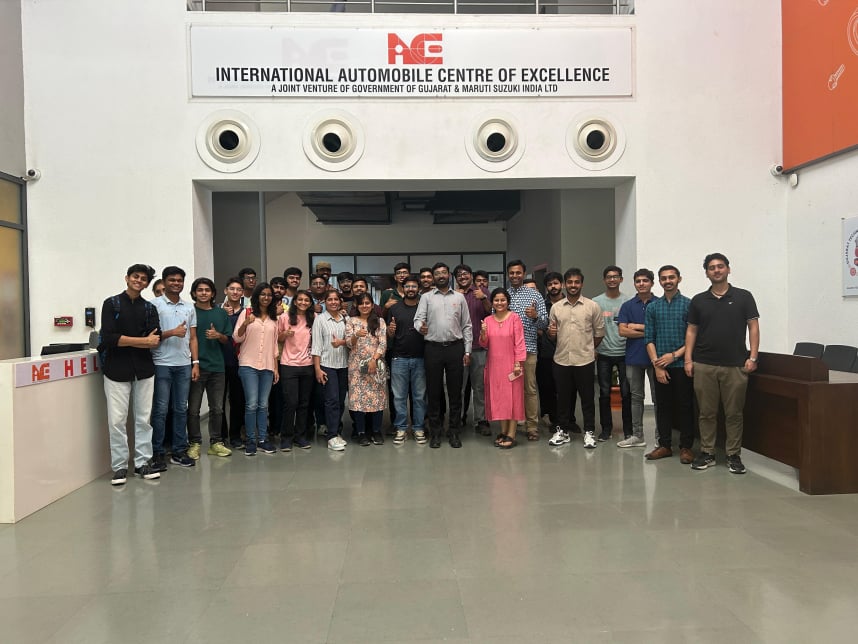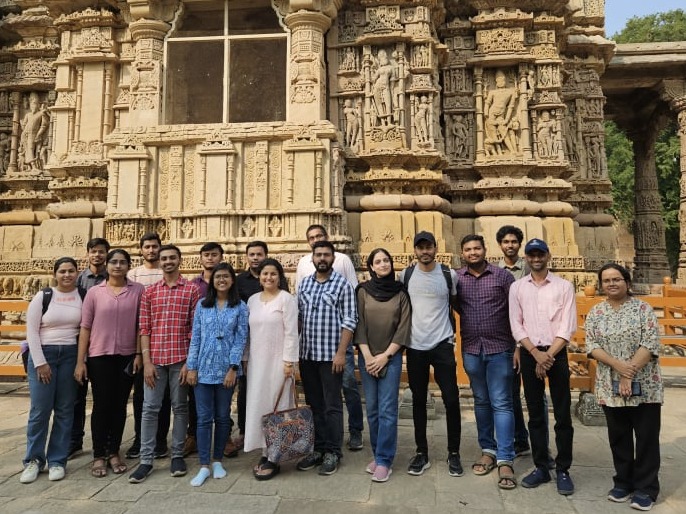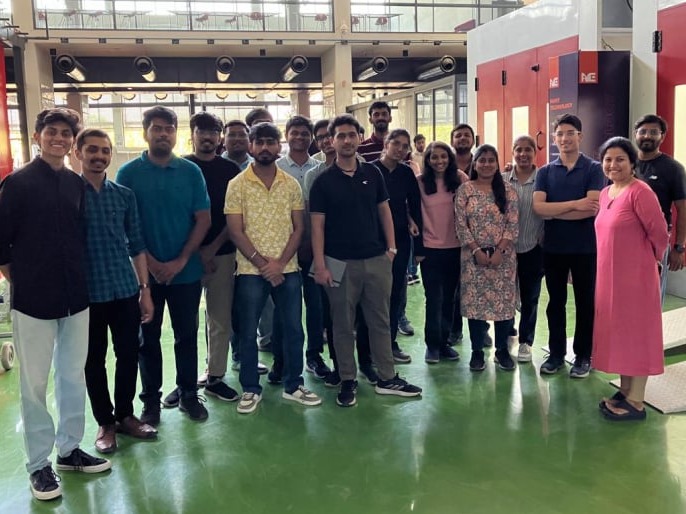


Course structure: L T P C - 2 1 1.5 4
This course provides a foundational understanding of power electronic systems and their applications. It covers key semiconductor devices such as diodes, thyristors, GTO, BJT, MOSFET, and IGBT. It details about several converter topologies including AC-DC, DC-DC, DC-AC, and AC-AC, with emphasis on their various types, operating modes, performance parameters, and modulation schemes. Advanced topics such as resonant converters, zero-voltage and zero-current switching, thermal modeling and heatsinking, and EMI filtering are also explored. The course highlights practical applications of power electronics in motor drives, power supplies, and power systems.
Along with the lectures, lab component is also included in the course for a hands-on experience. An industry or field visit is also included to help students relate theoretical concepts to real-world power electronic systems.
Course structure: L T P C - 3 0 0 4
This course introduces the core technologies behind electric and hybrid vehicles, focusing on powertrain components, system modeling, and battery energy storage. It provides overview about battery types, charging/discharging behavior, safety, and battery management systems. The course also covers fuel cell vehicles, electric motors, power electronic converters for drives, and regenerative braking. Additional topics include EV charging infrastructure, data monitoring, and autonomous driving systems, providing a well-rounded view of modern electric vehicle technology. The course also includes industry/field trip to help students connect theoretical concepts with real-world systems.
Course structure: L T P C - 3 0 0 4
SRES is a course focused on the penetration of renewable energy to maintain a sustainable ecosystem. It broadly covers the fundamentals and design of renewable energy systems, including photovoltaics and wind energy, with the design and sizing of battery storage. It also covers optimization techniques to extract maximum efficiency from the sources and the economic analysis of the systems. The course also provides an overview towards application of artificial intelligence in modelling renewable energy systems, including physics-inspired artificial intelligence models. Further, it details the role of power electronics in interfacing renewable energy systems, with detailed modeling including state-space modeling and controller design. Industry/Field visits are also included in the course.
Course structure: L T P C - 3 0 0 4
This course provides an overview of the need to shift towards transportation electrification. From understanding the architecture of electric vehicles to the design of each subsystems based on application, considering range, weight, volume, charging time constraints are detailed. Fundamentals of fuel cells and batteries for EV applications with data driven modeling, battery management system and battery safety are covered in depth. A detailed power electronic design like inverter design, heat sink design, filter design etc. for optimal efficiency considerations for V2G interfacing is also covered. Expert Lectures from the industry and academia are also included in the course.


